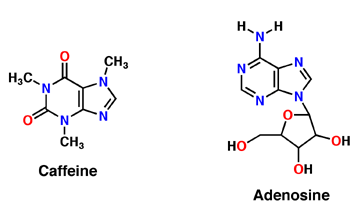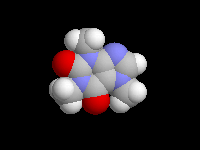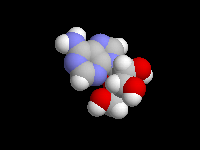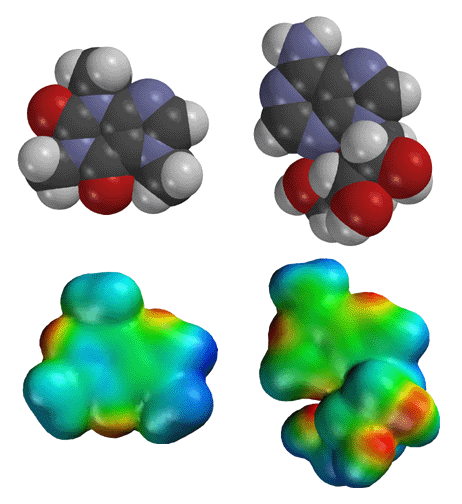


Caffeine has many interesting activities in test tubes. This has lead to a great deal of confusion over its mechanism and potential harmful effects in real people.
Caffeine's important activity in people appears to be blocking of adenosine receptors (A1, A2A). Adenosine receptors are present in many kinds of neurons in the central nervous system. They modulate the levels and actions of many different neurotransmitters such dopamine, GABA, serotonin, glutamate, etc. Adenosine bound to the adenosine blocks the action of neurotransimitters. It is a "dimmer switch" to the central nervous system.
Caffeine blocks access of adenosine to the receptor, but does not activate the receptor. This means the "dimmer switch" does not work with a caffeine molecule bound. In effect, this leads to a general stimulation of the central nervous system.
Note that caffeine fits the definition of being physically addictive, but withdrawal is not that bad except for the headache.
